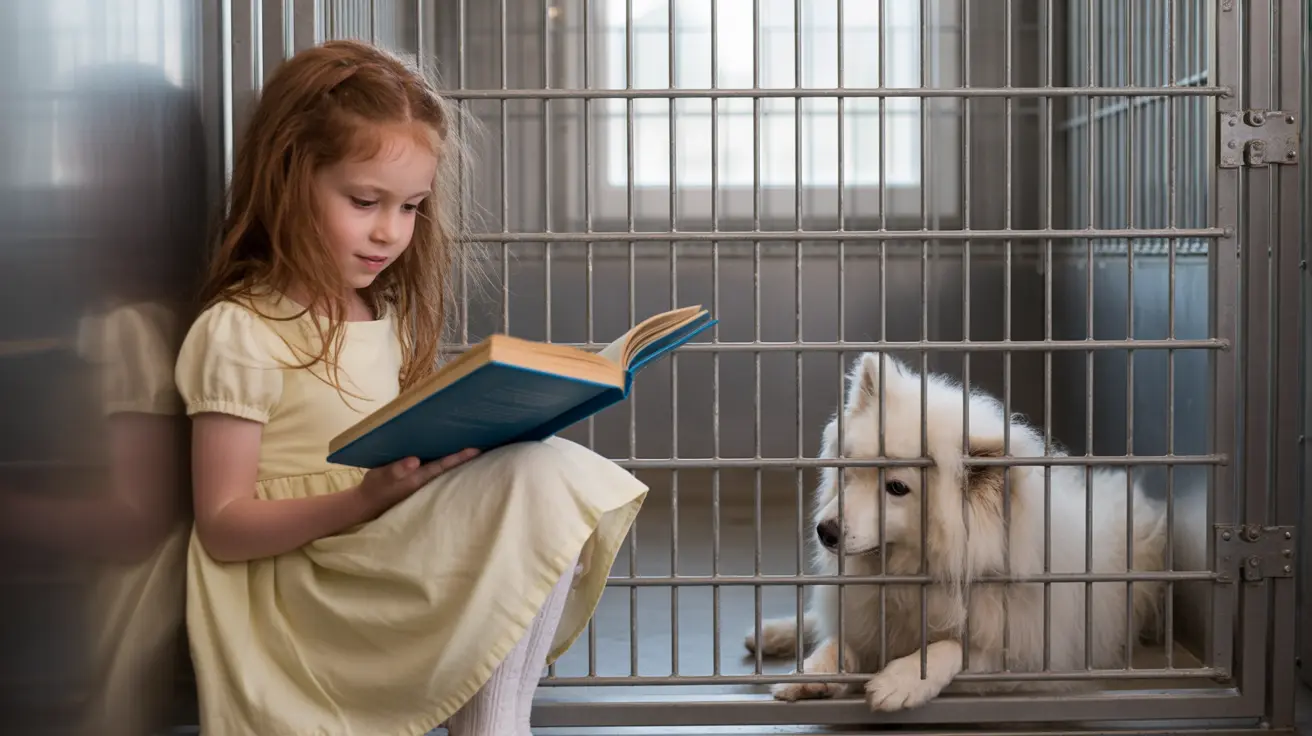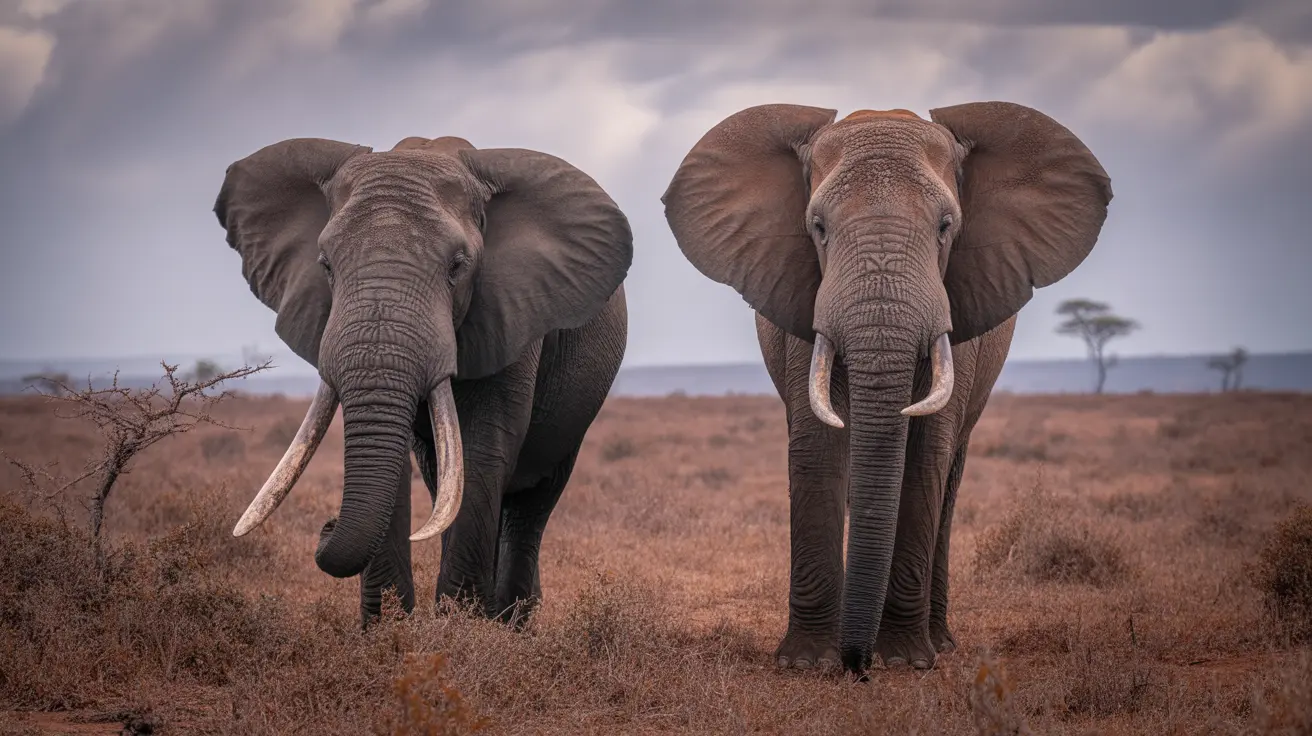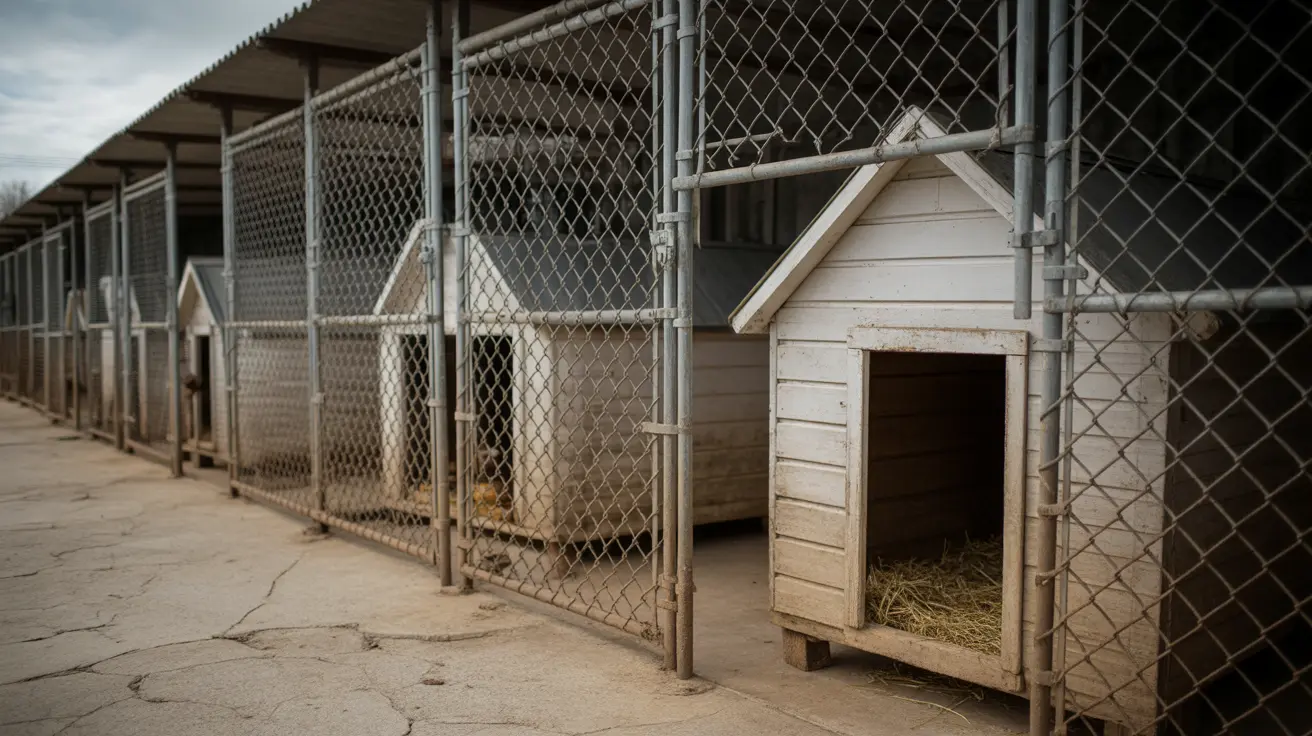Can Cats Drink Human Milk? What Every Pet Owner Should Know
We often associate cats with the imagery of lapping up a saucer of milk, but this notion is largely built on myth rather than science. While kittens begin life feeding on their mother’s milk, adult cats experience changes in their digestive systems that make milk a problematic treat.
Understanding Feline Lactose Intolerance
As kittens grow and are weaned, their bodies produce less of the enzyme lactase, which is necessary to break down the lactose found in milk. Without sufficient lactase, cats become lactose intolerant, leading to potential gastrointestinal distress when they consume milk.
- Vomiting
- Diarrhea
- Bloating
- Gas and flatulence
- Abdominal pain
The extent of these symptoms can vary depending on how much lactose is consumed and an individual cat’s level of tolerance.
The Dangers of Cow’s Milk and Other Animal Milks
Regular cow’s milk, whether whole, skimmed, or otherwise, contains high levels of fat and sugar. This can contribute to obesity and imbalanced diets in cats. Even though some cats seem to enjoy it, its nutritional value is negligible and its risks are significant.
Goat milk has less lactose than cow’s milk, but it still presents the same risks and should only be offered in very limited amounts, if at all. Human breast milk is not suitable for cats due to its completely different nutrient profile and should never be considered as a feeding option.
What About Plant-Based Milks?
Milks such as soy, almond, oat, or coconut milk are also inappropriate for cats. These contain additives, oils, sugars, and thickeners that are not digestible by felines. Though occasional nibbles may not cause harm in all cats, the risks outweigh any perceived benefit, and they don’t contribute nutritional value suitable for cats.
Kitten Nutrition: Special Needs at an Early Age
Kittens should consume only mother’s milk or a species-appropriate milk replacer when the mother is unavailable. Products like commercial kitten formula mimic the nutritional profile of feline milk and provide essential growth nutrients that other animal or human milks cannot.
Lactose-Free Alternatives and Cat-Specific Milks
Cats that show greater tolerance to dairy can, on rare occasions, be given small amounts of lactose-free milk specifically formulated for cats. These products often contain reduced lactose and may include added nutrients. However, they should be considered occasional treats and should never replace a cat’s main diet or water source.
- No more than one tablespoon once or twice a week
- Not a substitute for water
- Best given under a vet’s guidance
Water: The Best Hydration for Cats
Milk should never be considered a source of hydration. Cats require fresh and clean water daily. To encourage more water intake, especially in cats prone to urinary or kidney issues, you can:
- Provide multiple water bowls around the house
- Use pet water fountains
- Add water to wet food
Health and Nutritional Considerations
Cats can obtain all necessary nutrients, including calcium and healthy fats, through balanced commercial cat food. There is no dietary requirement for milk in an adult cat’s diet. Regularly feeding milk can lead to nutritional imbalance and health issues over time.
Conclusion: Stick to Cat-Safe Options
Though the image of a cat drinking milk is charming, most adult cats cannot digest it properly. Stick to water for hydration and balanced cat food for nutrition. If needed, special cat-safe milk treats can be given sparingly and with caution. When in doubt, consult your veterinarian for guidance on what’s safe for your feline friend.





